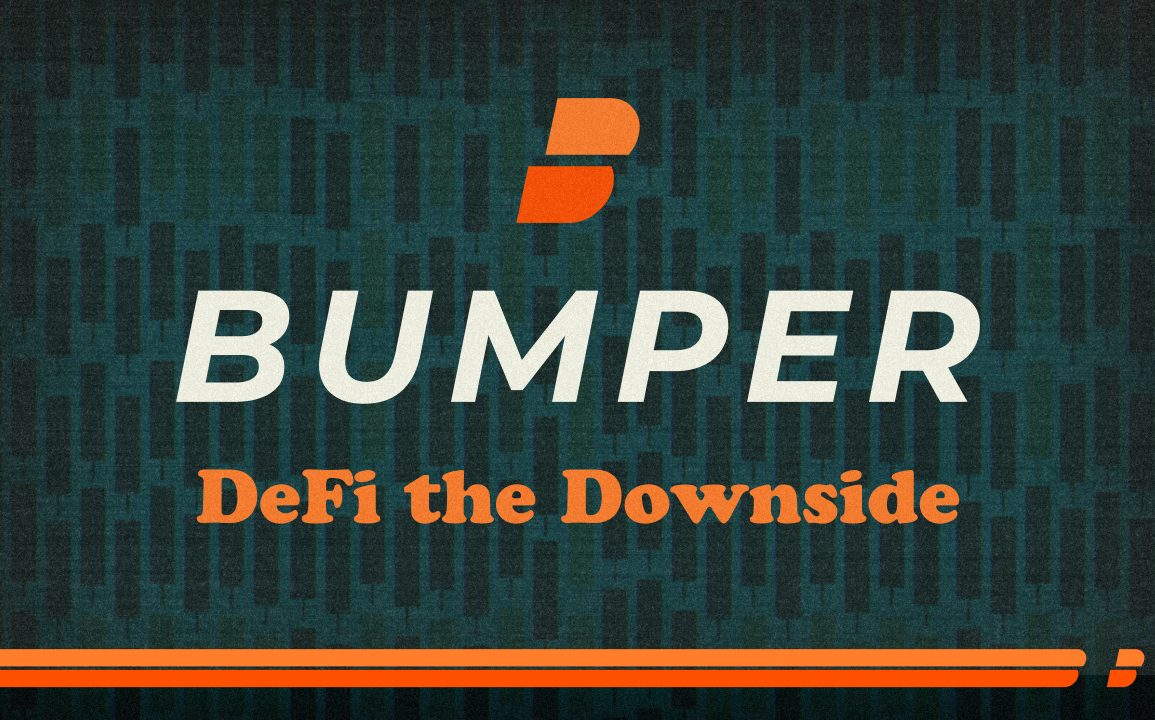- Summary:
- Bumper says that this is an improvement on Black-Scholes strategy and results in savings of 30% over traditional options desks.
Bumper.Fi, a DeFi protocol, has launched an innovative cryptocurrency options trading solution, billed as an “options killer.” The protocol’s underlying equation promises staggering improvements over existing methods based on Black-Scholes approach. Bumper launched the service on September 7th and says that its approach slashes prices by an average of 30% compared to the current market leader, Deribit.
Bumper has been released on the Ethereum mainnet and is accepting deposits in ETH and USDC, with support for more ERC-20 tokens and additional blockchains coming soon. Those who join the protocol early will be eligible for a $250,000 incentive pool that they can use to protect their Ethereum or earnings on USDC.
How Bumper has re-engineered options trading
The Black-Scholes model, which was developed in the 1960s and forms the backbone of today’s $13 trillion options market, is the standard approach for determining the cost of hedging risk. With Bumper, a user’s crypto tokens are protected from downside volatility, allowing them to take leveraged positions with no fear of losing their investment.
“Fifty years is a long time in tech and although Bumper uses completely different inputs and a novel rebalancing mechanism, it is surprisingly correlated with Black-Scholes, but more efficient, even under the most volatile of market conditions,” said Bumper’s Co-founder and CEO, Jonathan DeCarteret.
Bumper. Fi says its innovation is the result of a three-year R&D program funded by $20 million in seed money and developed in conjunction with the Swiss Centre for Cryptoeconomics, best known for its work on Synthetix.
In addition, Digital Mob, who have worked on protocols like Barnbridge, Gnosis, and Filecoin, wrote the code for Bumper. The resulting protocol offers a 30% savings compared to conventional options desks and pays Liquidity Providers (LPs) between 3% and 18% APR on USDC they deliver. The protocol’s premium is determined periodically over the duration of the contract. Furthermore, it is influenced by factors such as market fluctuations, protocol rebalancing, and the user’s floor position.


